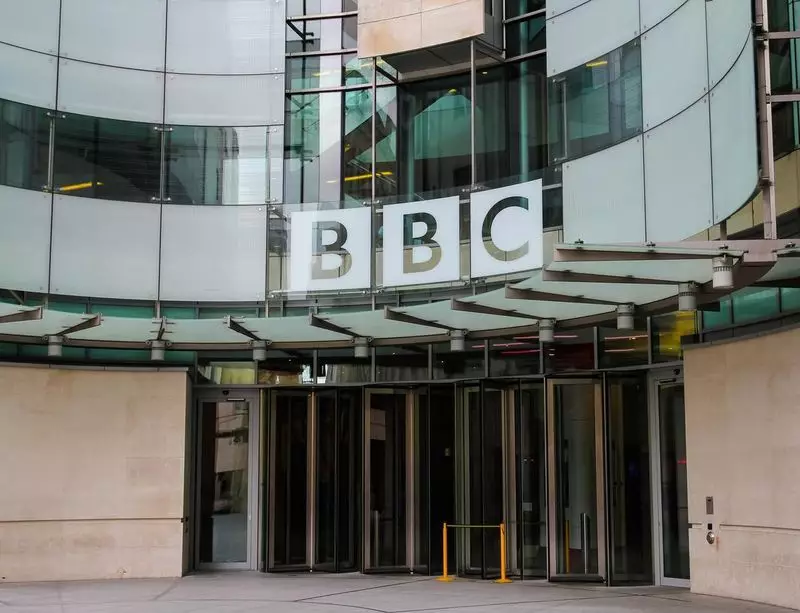
The British Broadcasting Corporation (BBC) finds itself at the center of a major credibility storm after admitting to what it calls an 'error of judgment' in its coverage of the Gaza conflict. This admission has triggered widespread debate about the declining standards of British journalism and its impact on the United Kingdom's global reputation.
The Controversial Incident That Sparked Outrage
In October 2023, during the intense early days of the Gaza conflict, the BBC made a critical decision that would haunt its reputation for months. The broadcaster chose to air an interview with a former British official who made serious allegations about Israel's military actions. What made this particularly controversial was that these claims were presented without proper verification or context.
The interview featured former British Prime Minister David Cameron, who made unsubstantiated claims about Israeli military operations. The BBC's failure to challenge these assertions or provide balanced analysis immediately drew criticism from media watchdogs and international observers.
BBC's Belated Admission and Its Consequences
After months of mounting pressure and criticism, the BBC finally acknowledged its mistake in early 2024. The corporation's management admitted that broadcasting the interview without proper editorial oversight constituted a significant 'error of judgment.' This admission came only after sustained criticism from various quarters, including diplomatic channels.
The timing of this admission couldn't have been worse for British media credibility, coming at a time when global trust in Western media institutions is already under scrutiny. The incident has raised serious questions about the BBC's editorial processes and its ability to maintain impartiality in covering complex international conflicts.
Broader Implications for UK's Global Standing
This incident is not occurring in isolation. It comes against the backdrop of several credibility challenges facing British institutions. From political scandals to questions about the UK's post-Brexit international role, the BBC's admission adds another layer to what many are calling Britain's 'credibility crisis.'
The timing is particularly significant given Britain's historical role as a global media leader. For decades, British journalism, particularly through institutions like the BBC, has set standards for international reporting. This recent failure threatens to undermine that legacy at a crucial moment when reliable journalism is most needed.
Media analysts point out that the credibility gap extends beyond just one broadcaster. It reflects broader challenges in Western media's approach to covering complex international conflicts, where established narratives often take precedence over nuanced, fact-based reporting.
International Reaction and Future Implications
The fallout from the BBC's admission has been felt across international media circles. Many global news organizations have cited this incident as an example of the declining standards in Western journalism. The timing is particularly sensitive given the ongoing conflicts and the critical need for reliable information.
This incident raises important questions about media accountability and the mechanisms in place to prevent similar errors in the future. It also highlights the challenges that traditional media face in an era of instant news and intense competition for audience attention.
As the BBC works to rebuild trust, the broader British media landscape must confront difficult questions about its role and responsibilities in an increasingly polarized global information environment. The resolution of this credibility crisis will likely shape international perceptions of British journalism for years to come.





